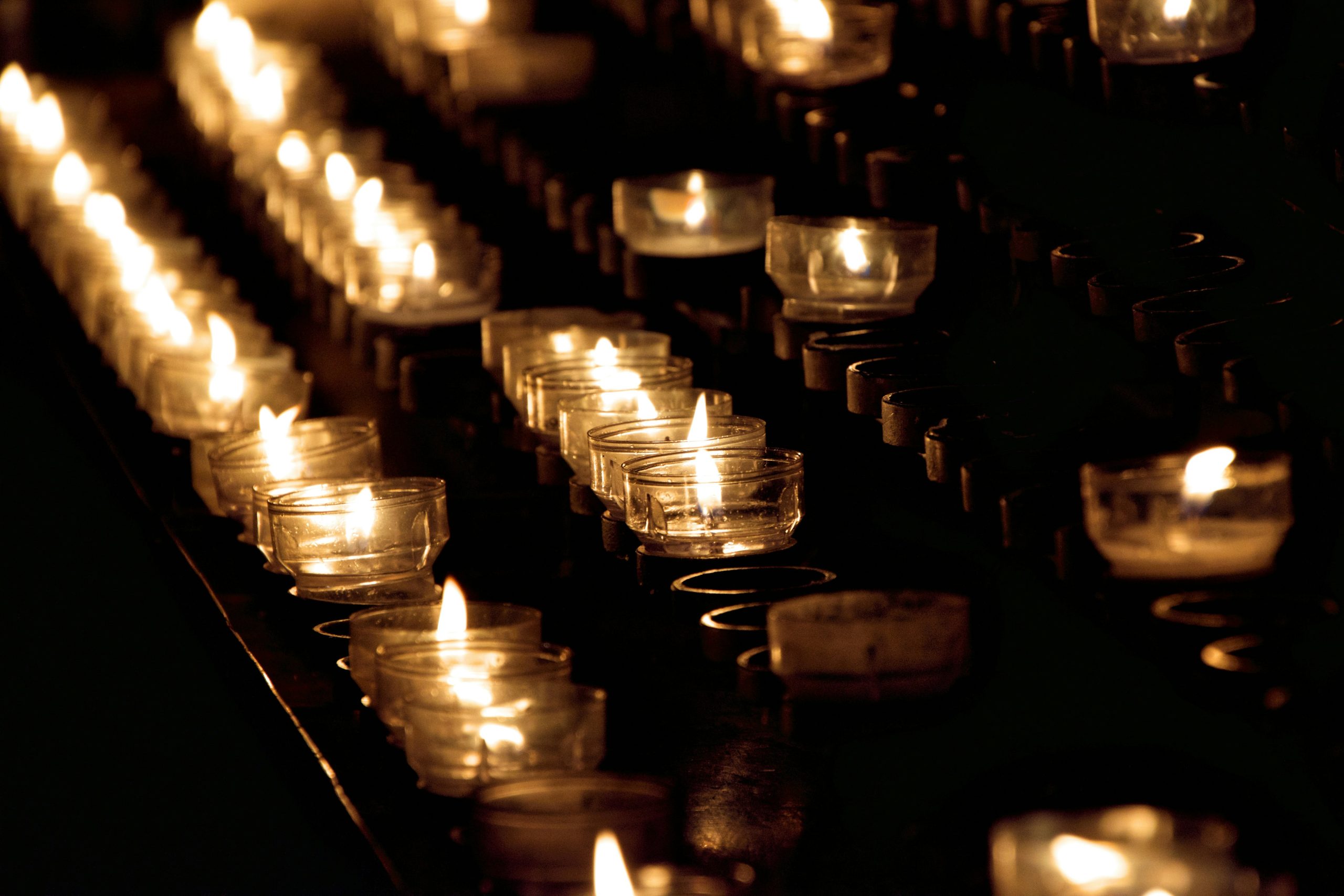
Photo by Thomas Bormans via Uplash.
In the past month, I’ve found myself completely consumed by the concept of hope, a shift brought on by reading Rebecca Solnit’s Hope in the Dark. Her exploration of hope, even amid uncertainty and despair, have, in short time, completely reshaped the way I see the world. In times that often feel overwhelmingly bleak, the question of hope, whether we still feel it, and what sustains it, has become increasingly important, particularly for college students who are trying to navigate their future in a world that feels more chaotic than ever.
To understand this better, I spoke with several college students at William Jewell each studying in different fields but facing the same challenges that mark these “unprecedented times.” Their responses highlight a collective struggle between hope and hopelessness, with higher education both intensifying their concerns and shaping their views of the future.
A World Gone Worse?
Most of the students I interviewed expressed a common sentiment: the world seems worse than it used to be. One Jewell education major spoke bluntly: “Politics, education and the environment are worse. People are more divided, and we’re trying to get rid of systems that protect education. We’ve ruined democracy.” This student’s perspective is not isolated; a psychology major reflected on growing up and realizing that “not everything is sunshine and rainbows.” For many, the loss of youthful optimism is compounded by a greater awareness of societal and political systems that feel broken or unchangeable. But it’s not just the present challenges that weigh heavily on students—it’s the feeling that their generation will bear the brunt of these crises. For those in education, like one student I spoke with, there’s the added pressure of being on the front lines of shaping the future: “As a younger generation becomes teachers, I hope we’ll see more progressive ideas.” However, even this hope is tempered by uncertainty. The responsibility feels enormous, but the tools and support systems in place often feel inadequate.
College as a Pressure Cooker for Hopelessness
College, for many, amplifies these feelings of despair. There’s the constant balancing act of newfound independence mixed with persistent reminders that they are not yet fully in control. A student put it simply: “You have the expectation of being an adult on your own without the rewards and opportunities. At times, you’re still treated like a child.” The disconnect between responsibility and recognition can foster a deep sense of helplessness.
For another student, the stress of inflation and rising tuition costs make the future seem particularly bleak: “Inflation has affected college prices and everyday prices.” I am sure many of us can relate. At times, it can feel like everything is getting harder, and there’s no relief in sight. With the financial burden of education growing, it’s no wonder that students often feel stuck, unable to imagine a future where their degrees will open doors rather than close them.
The Role of Academic Focus in Shaping Worldviews
Interestingly, each student’s major also plays a role in how they view the state of the world and their place in it. A psychology major, for instance, spoke about their studies as a means of coping: “I’m trying to learn ways to deal with these feelings, and I want to help the world.” Our education gives us tools to understand mental health and societal struggles, but it also deepens our awareness of how difficult it can be to find effective solutions.
A history major offered a more nuanced perspective, noting that while the world might not be “worse” than before, it is certainly facing unique challenges: “I feel like it isn’t really comparable… I feel like our political system is set up in a way that makes it really really difficult and complicated to change. I feel like it’s really easy to feel helpless when it’s difficult to make change.” When asked how their understanding of history has affected their view they said “… in order to compare how things are now to how they were before, it’s important to know where we stood before. I know how uniquely different our current issues are because I know what the challenges we’ve faced before looked like. I think it also influences my political helplessness because I have studied so many instances of people in similar political situations.”
Is There Hope?
Despite the pervasive sense of despair, there is still a flicker of hope among these students—however faint it may seem at times. As the education major noted, there’s hope in the possibility of progress: “I feel slight amounts of hope. If a lot of things change, we could work together to create new systems and procedures.” This conditional optimism is echoed by others, even if it is tinged with skepticism and doubt.
For many students, hope is not an automatic response to adversity, but a choice—a deliberate act of holding on to the possibility of change, even when the evidence feels stacked against them. And perhaps that is the most powerful lesson that comes from their reflections. In these unprecedented times, hope is not always about believing that things will get better on their own. It’s about recognizing the darkness and still finding ways to move forward. Something I have been learning is that as long as the future is uncertain there will always be a chance for it to be better. There is always room for hope.
In the end, college students today are navigating a world that feels heavier, more uncertain, and in many ways, more broken than ever before. But in their academic pursuits, their growing awareness of systemic issues, and their desire to shape a better future, there is a glimmer of hope—a belief, however small, that things can still change. And maybe, that’s what will keep us moving forward.

Love this!!
I love this! Definitely gonna check out Solnit’s book!